
In the UK as the days grow warmer and flowers bloom, various insects and bugs emerge. In spring, these bugs emerge from their winter dormancy, seeking food, mates, and nesting grounds. Spring insects include ants, bees, wasps, and butterflies, each with unique behaviours and ecological functions.
Table of Contents
What is a spring bug?
An insect that becomes more active in the spring after hibernating during the winter is called a spring bug. As the weather warms, some of the UK’s insects have become more active. What do you need to know about emerging spring bugs and how to prepare for them?
Bees
The first ones to come out will be the queen bees and the queen wasps. Like butterflies, they are also natural pollinators. The first thing they do right after their winter hibernation is over is to desperately find a meal amongst the wild spring flowers nearby. Should they fail to find some food, they risk dying within the same day.
Beehives usually get a new queen each year. Once the new virgin queen is born, she has to fight to the death with the old queen to take her place in the same hive. Or she can just leave the hive and find another one to govern.
Usually, they are not considered to be dangerous, but sometimes they can cause:
- Damage your home by building nests in places like chimneys or wall cavities;
- Sting you and cause allergic reactions that can be life-threatening,
Wasps
Wasps also start emerging when spring arrives. First, the queens wake up and go out to search for food and a suitable place to start building a nest. They start to form their colonies and build their nests in the spring.
They can pose some dangers, such as:
- Building nests and causing construction damages
- Wasps stings can unlock allergic reactions in people who weren’t allergic previously.
To avoid having a wasp nest built near your house, you should keep outside garbage bins closed, eliminate standing water, if any, and, if necessary, you may take more drastic preventive measures such as buying a fake nest. Wasps do not build their nests close to one another.
Otherwise, if they build a nest near your home, your family would be at risk of getting stung. And unlike bees, wasps can sting without stopping.
Check also:
Butterflies
Most butterfly species hibernate in the form of pupa during the entire winter. Once temperatures rise and the first spring flowers bloom, they break out of their shells as fully grown adults and take advantage of the sweet nectars surrounding them.
There are, however, some species of butterflies that spend the winter as fully grown adults, hiding in tree barks or crevices of man-made structures (maybe even in the cracks of your own house). These are some of the first species that start the flower pollination process in early spring.
There are some butterfly species that don’t hibernate during the winter in the UK, and if you see them, leave them alone. Please do not take them home, and hope that warming them up will wake them up. It will kill them.
Check also:
Flies
Flies are one of the flying insect species that awaken at the beginning of spring. They search for food and when they don’t find it outdoors, they’ll come to your home. The common housefly is active during the day.
Like the house fly, cluster flies also emerge when the weather gets warm. They feed on flower nectar and garbage. They mate in spring, so you’ll likely see a lot of them.
Why flies are unwelcome guests:
- They are amongst the most annoying insects.
- Flies can carry diseases as they are attracted to rotting carcasses, decaying food and waste.
If you wish to stop house flies and cluster flies from entering your home, put up the window and door mosquito nets as soon as spring comes.
Check also:
Spiders
Spiders usually spend the winter in man-made shelters. They nest in attics, basements, closets, or inside the walls of the entire structure and simply wait for the weather to get more bearable.
It’s not a good idea to call them freeloaders, though, as they are very beneficial to households. They eat other insects, such as flies, silverfish, cockroaches and even centipedes. And, at the end of winter, they can’t wait to bolt outside.
However, they are considered to be pests because:
- Their appearance is horrifying, and many people are scared of them;
- Some species (like black widow spiders) are poisonous.
Mosquitoes
Mosquitoes reach their peak season in the summer, but the adults hiding for the winter and the eggs laid before the winter, get out of hibernation in the springtime.
Sometimes mosquito species lay eggs in standing water before the winter. The eggs enter a state called diapause, during which the development is paused and starts when the weather gets warm again.
These insects are the number one irritants during the spring/summer seasons for several reasons:
- They make buzzing sounds;
- They are so small that you can barely spot and kill them;
- Female mosquitoes feed on human blood;
- Can transmit very dangerous diseases such as malaria, yellow fever, tularemia, Zika fever and more.
Check also:
Earwigs
Earwigs are one of the intrusive insect species that wake up in springtime. Although their populations reach their peak in summer, you should be on the lookout for them as soon as the weather gets warm. Surprisingly, they always seem to find their way into your home.
They are not known for causing serious damages that need emergency treatments. Earwigs cannot bite or sting. Their sharp pinchers are their weapons, and it isn’t pleasant to have them used on you.
Beetles
Also, most of the UK beetle species – Biscuit beetle, Ground beetle, and Carpet beetle – emerge at the beginning of spring. The ground beetle is not considered a pest, but the other two are. The carpet and the biscuit beetles enter people’s homes in search of food and warmth.
Unfortunately, their food is our food, or in the case of the carpet beetle, our clothes, drapes, carpets, furniture, etc. Both of the species are a nuisance, and our homes need protection against them.
Read more about carpet beetles.
Ants
You might not be expecting this, but ants also hibernate in winter. With the sharp drop in temperatures, an ant’s movements gradually slow down until the insect comes to a halt. Since the hive traffic has now been drastically decreased, its entrance gets naturally blocked.
When do ants come out of hibernation UK? Once the spring spills its warmth, their movement will gradually recover, and the ants will resume their typical work schedule. It’s like accidentally hitting “pause” on a movie, then pressing “play” again.
No matter how great workers are, ants are still irritating:
- They crawl on your food. Usually, the whole colony appears in your kitchen or where they’ve found food source;
- Certain species can bite;
- They can even get inside your bed;
- Can build nests indoors;
- They are not hygienic and can spread allergens;
- Can be dangerous to electricity, phones, and networks inside the property which can lead to fires.
Check also:
How to avoid insects in the spring?
Basic home maintenance is key to keeping spring bugs out. Regular inspections, sealing cracks, and removing damp areas can significantly reduce bug entry. Keeping the kitchen clean and food sealed is also essential to avoid attracting insects indoors.
Install mosquito nets on windows and doors to prevent insects from entering your home. If possible, check your roof, gutter and walls for any cracks that can provide the bugs with an open entrance to your home.
Keep any garbage bins inside and outside of your property tightly closed, and take out the trash regularly.
Inspect the area around your home, is there a place where rainwater can accumulate and attract insects? Fix it.
Use mosquito repellent when going outside, and generally try to avoid places where you would expect bugs to be.
Check also:
Why spring bugs invade homes?
Moist conditions in spring provide the perfect breeding ground for certain insects, such as mosquitoes. You’ll find spring bugs in your home when they are unable to find food outside.
Professional insect pest control
If any spring insects enter your home and make it their own, you may want to call a professional team to take care of them. Why? Because companies use special insecticides that are more powerful than the ones everyone can buy at any store.
For most types of insect infestations, professional fogging is recommended as it’s a fast and effective method of dealing with an active insect infestation.
Image source: Romolo Tavani/shutterstock.com
Are you dealing with a pest infestation? You don't have to be alone in the battle against pests. Hire a professional pest expert!
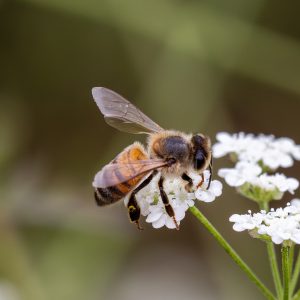
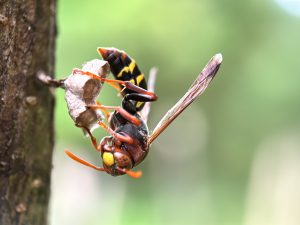

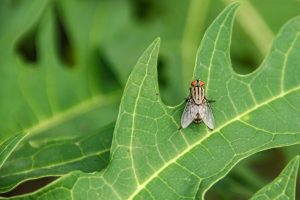
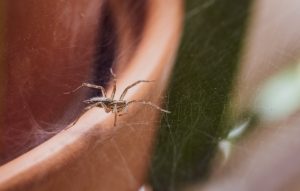
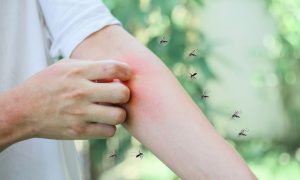
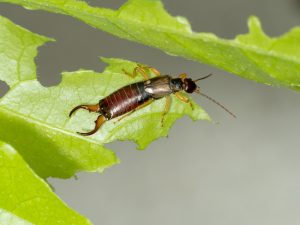
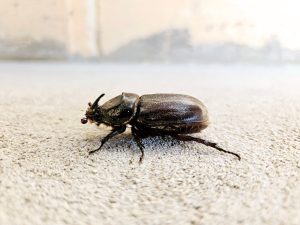
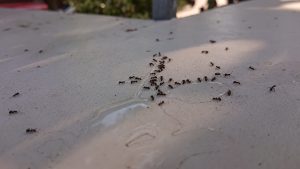

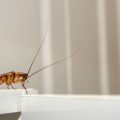


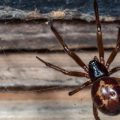
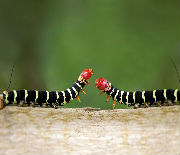
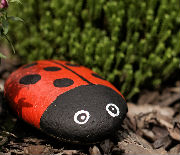
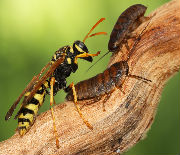
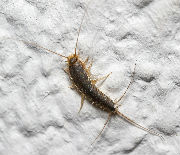
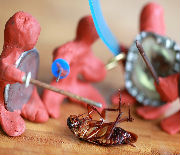
Leave a Reply